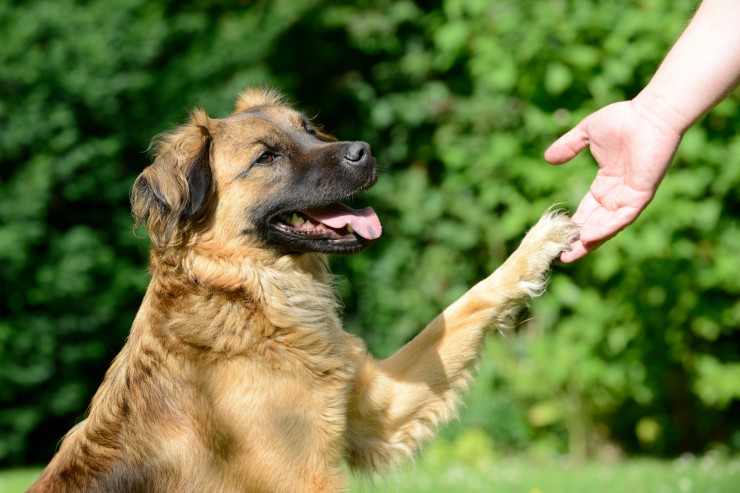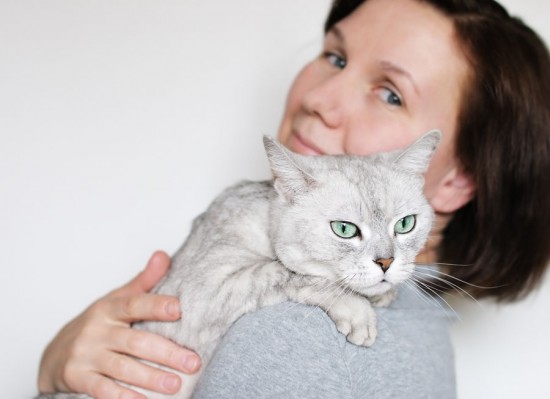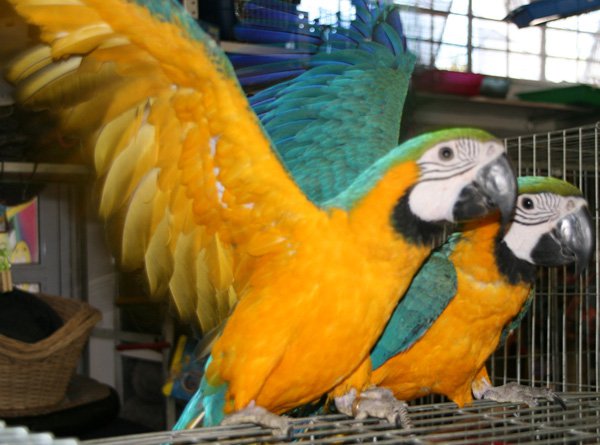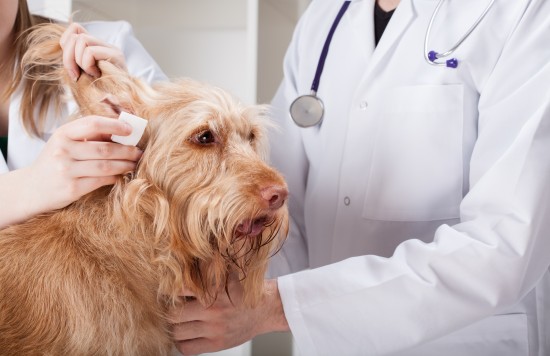
Any animal that is moved to a new environment is bound to have some sort of negative reaction to the stress of being relocated. For instance, calves tend to develop "shipping fever" pneumonia, birds pluck out their feather and at times even become incredibly quiet, dogs get really restless (they turn and turn in circles), and even little hermit crabs, at times, lose their spindly legs. These are all common manifestations of relocation stress for animals and though they are quite common, they tend to affect the animals' overall health for quite some time.
If you will be relocating somewhere far with your pet, the best thing you can do is to make it as safe and the least stressful as possible. Here are some tips issued by seasoned veterinarians for a smooth pet relocation.
1. Minimize the food intake of your pet on the day of the move. A lot of pets develop digestive problems in the car (or plane or boat), or tend to get very excited by the activity and the unfamiliar setting. Just give your pet water throughout the journey and keep food or treats down to just a few bites during breaks.
2. Properly measure your pet so the carrier it will be placed in is just the right and comfortable size.
3. If you're travelling by car, as much as possible, use a safe carrier or restraint system- especially if your pet is a cat. It's never advisable to leave a pet loose inside a vehicle while you're moving; it can get overexcited and ruin your concentration on the road while you're driving. Cats have the tendency to curl up into a ball by your feet and if you're driving, it would definitely be hard for you to operate a vehicle if there's a furry little thing obstructing your movement. So keep the pet in a carrier or restraint system throughout the trip; this will keep both of you safe.
4. Make periodic stops. Dogs particularly need these periodic stops so they can eliminate, stretch their limbs and drink water. Be sure to give them that reassuring hug as well as this does wonders for their sense of security. Vets advise making these stops every two to three hours.
5. For plane travel, most airlines recommend sedating pets that fly as baggage so the noise and the presence of other pets and cargo in the plane compartment would not bother them so much. However, some pets do not take tranquilizers well and spend several days acting all dopey, so it is best to consult your vet before deciding to use a tranquilizer.
Your pets deserve proper pet relocation in Dubai. For assistance, visit a veterinarian now.
 Coping With A Dogs Fear Of Strangers
Coping With A Dog
Coping With A Dogs Fear Of Strangers
Coping With A Dog
 Bringing A New Cat Home
Bringing A New Ca
Bringing A New Cat Home
Bringing A New Ca
 Why Pets Sometimes Are Mistreated And Die Prematurely
Why Pets Sometimes Are Mistreated And Die Prematurely
Why Pets Sometimes Are Mistreated And Die Prematurely
Why Pets Sometimes Are Mistreated And Die Prematurely
 Why Natural Foods are Better for Health of Dogs?
Why Natural Foods are Better for Health of Dogs?
Why Natural Foods are Better for Health of Dogs?
Why Natural Foods are Better for Health of Dogs?
 Otitis Externa In Dogs
Otitis Externa In
Otitis Externa In Dogs
Otitis Externa In
Copyright © 2005-2016 Pet Information All Rights Reserved
Contact us: www162date@outlook.com